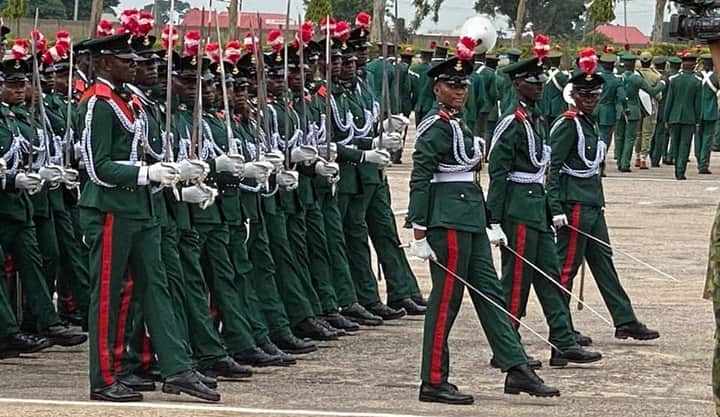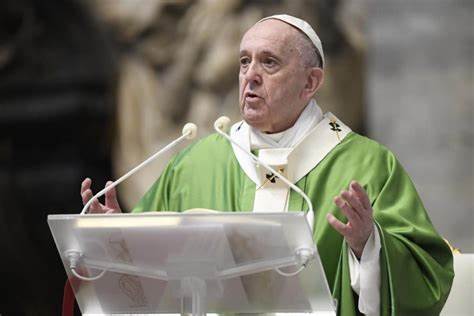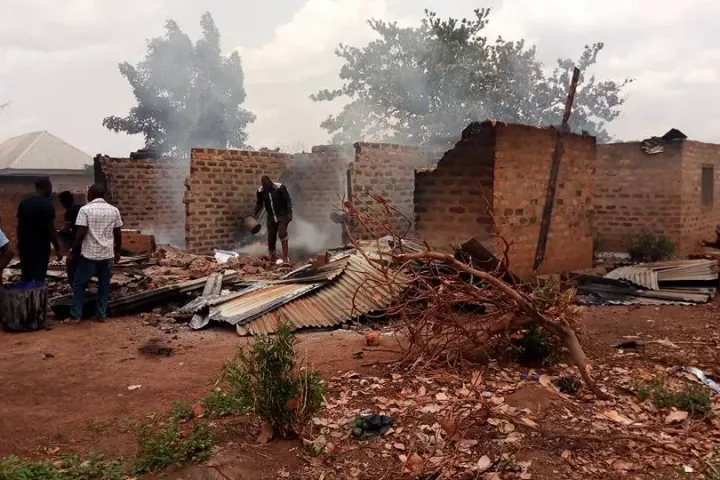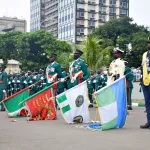Today is the 15th day of January 2024 and very little is known about this date in history by many Nigerians. Walking through the streets within the University of Nigeria, Nsukka campus and asking students random questions on what they feel is peculiar about January 15th, the answer showed their Ignorance of the great significance of the day as they took it to be another brand new day just as any other day of the month.
This is a glaring reflection of the lack of knowledge of history by many Nigerians, especially the younger generation.
Join our WhatsApp ChannelREAD ALSO: Photos: Nigeria Marks Armed Forces Remembrance Day
January 15 every year bears two connotations and important significance. First and foremost, today marks exactly 57 years after the “Famous Majors” led by Major Chukwuma Kaduna Nzeogwu overthrew the civilian government of Abubakar Tafawa Balewa. The “January Boys” as they are dubbed are as follows – Maj. Chukwuma Patrick Nzeogwu (later died in Nsukka on a reconnaissance mission during the Biafran war), Maj. Emmanuel Arinze Ifeajuna (executed by firing squad in Biafra on allegations of treason during the war), Maj. Christian Anuforo (killed during the July counter-coup), Maj. Donatus Okafor (also murdered during the counter-coup), Maj. Timothy Onwuatuegwu (killed on duty towards the end of the war), Maj. Adewale Ademoyega (survived the civil war). The coup was executed by a host of other junior army officers.
The coup saw to the death of prominent government functionaries including the first and only prime minister, Abubakar Tafawa Balewa, finance minister, Festus Okotie-Eboh, Northern region Premier, Almadu Bello, Western region Premier, Samuel Ladoke Akintola. Senior military officers were not spared in the putsch as Brig. Zakariya Maimalari, Brig. Samuel Ademulegun, Col. James Pam, Col. Arthur Chinyelu Unegbe, Col. Abogo Largema, Col. Kur Mohammed were all murdered in cold blood during the mayhem.
However, the execution of the plan had a lighting effect, and the coup provoked a reaction after sometime of its commencement, opening the floodgate that culminated in the Nigerian Civil War.
On another scene, 15 January of every year marked the day when the secessionist republic of Biafra officially capitulated to the Federal Republic of Nigeria having lost a 30-month bloody civil war. The defunct Biafran republic surrendered and re-integrated herself under the sovereignty of the Nigerian state on 15 January, 1970. This day is celebrated as the Armed Forces Remembrance Day.
Therefore, history should be revisited as to why this date is not held of high political and historical esteem just like the Independence Day, Democracy Day and so on. In essence, January 15 is remembered as a date that changed the political discourse of Nigeria and the effects of it is still looming up to this day.


















Follow Us